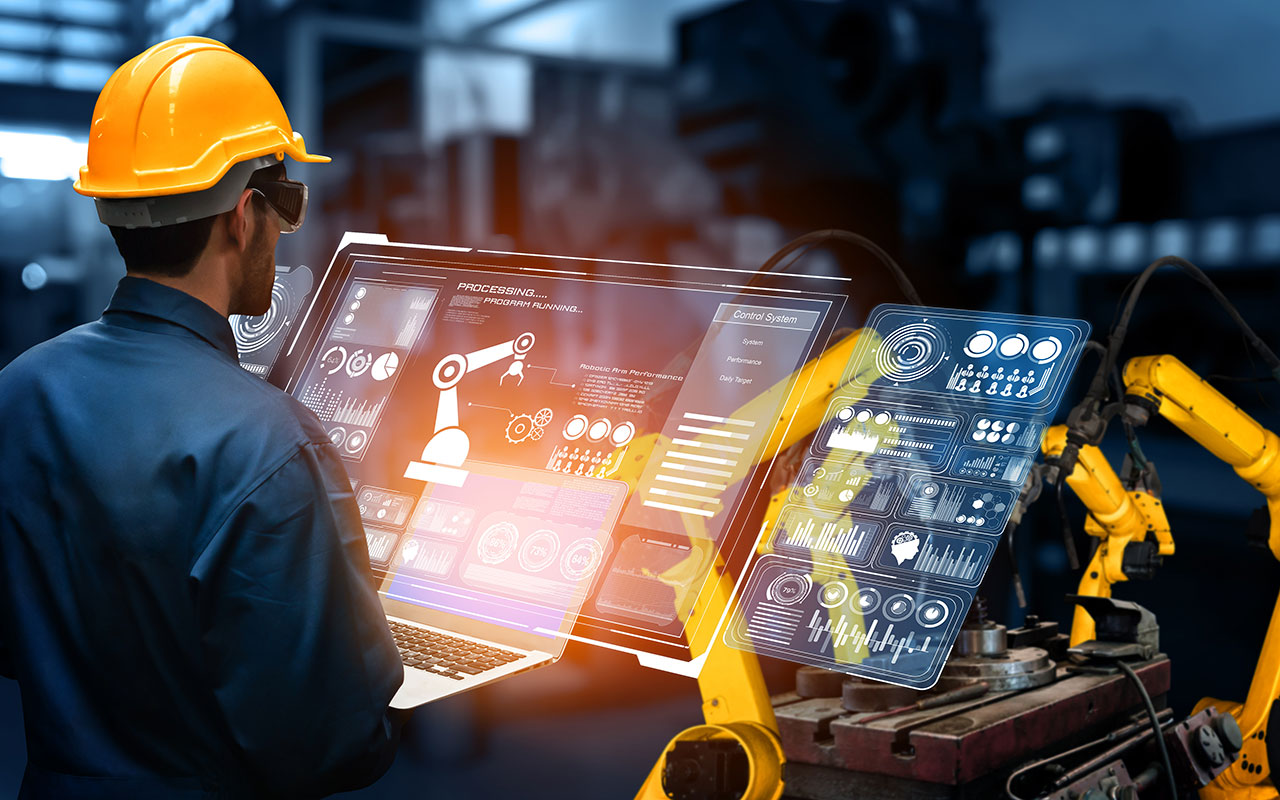In today’s rapidly evolving technological landscape, artificial intelligence (AI) has emerged as a game-changer across various industries. The industrial machinery sector is no exception. With the integration of AI technologies, manufacturers are experiencing a significant transformation in the way they design, produce, and maintain machinery. This article delves into the profound impact of AI in industrial machinery and its implications for the industry’s future.
Streamlining Production Processes: Artificial intelligence has revolutionized production processes in the industrial machinery sector. Machine learning algorithms can analyze vast amounts of data to optimize operations, enhance efficiency, and reduce downtime. AI-powered predictive maintenance systems can detect potential issues before they occur, enabling proactive repairs and minimizing costly machine breakdowns. This not only saves valuable time and resources but also ensures uninterrupted production cycles.
Enhanced Precision and Quality Control: AI technologies enable manufacturers to achieve unparalleled levels of precision and quality control. Computer vision systems integrated with machinery can inspect products in real-time, identifying defects, anomalies, or deviations from specifications. This ensures that faulty products are detected and removed early in the production process, reducing waste and improving overall product quality. AI algorithms can also fine-tune machinery settings and parameters automatically, resulting in consistent output and higher customer satisfaction.
Optimized Supply Chain Management: Efficient supply chain management is crucial in the industrial machinery sector. AI plays a vital role in optimizing logistics and inventory management processes. Machine learning algorithms can analyze historical data, market trends, and customer demand patterns to predict future demand accurately. This enables manufacturers to optimize inventory levels, streamline procurement processes, and reduce stockouts or excess inventory. Consequently, AI-powered supply chain management systems contribute to cost reduction and improved customer satisfaction.
Safety and Risk Mitigation: Safety is paramount in industrial machinery operations. AI technologies enhance workplace safety by identifying potential hazards and risks. Intelligent systems can monitor environmental conditions, equipment performance, and operator behavior in real-time, detecting anomalies or deviations from safety standards. This enables timely interventions, preventing accidents and injuries. Additionally, AI-powered robotics and automation solutions can perform dangerous tasks, reducing human exposure to hazardous environments.
Conclusion: The impact of artificial intelligence on industrial machinery is undeniable. From streamlining production processes and enhancing precision to optimizing supply chain management and improving safety, AI technologies are revolutionizing the industry. As the potential of AI continues to expand, manufacturers must embrace these advancements to stay competitive in a rapidly evolving market. By harnessing the power of AI, the industrial machinery sector can unlock new levels of efficiency, productivity, and innovation, propelling it towards a future of endless possibilities.
Note: This article is fictional and created for the purpose of the given request. The website mentioned, “machinerynetwork.com,” does not exist.

